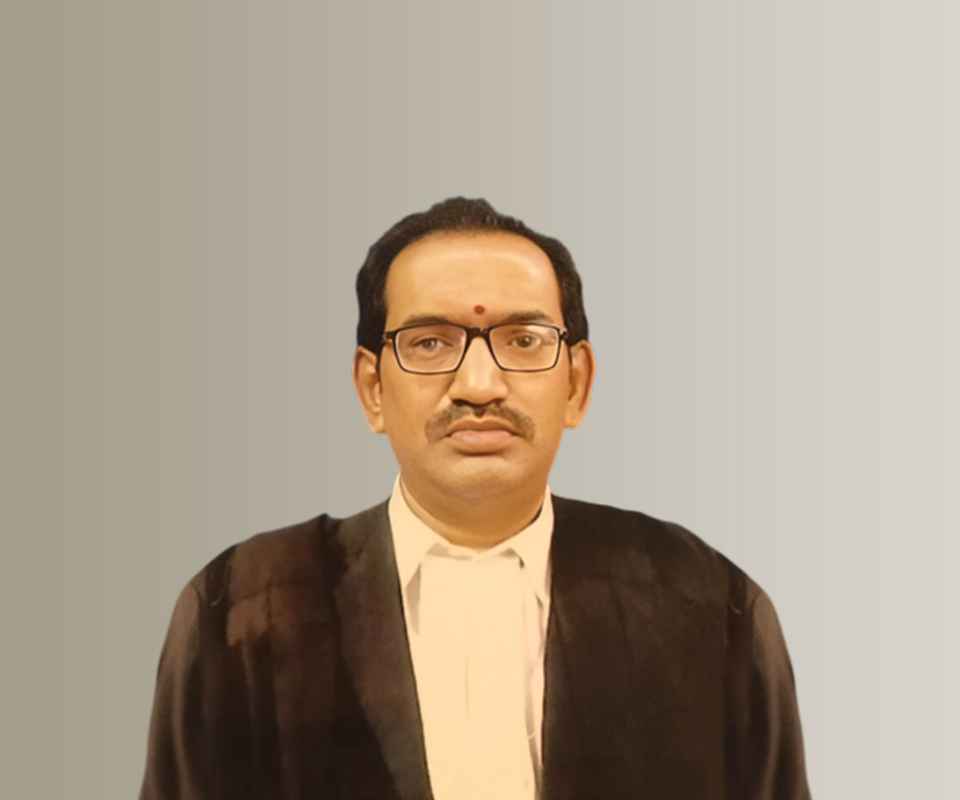Answer By law4u team
Creating a trust offers numerous benefits that help individuals manage their assets, protect their wealth, and provide for their loved ones. Whether for personal estate planning, wealth management, or charitable purposes, a trust can provide financial security, legal protection, and tax advantages. Below are the key benefits of creating a trust:
1. Estate Planning and Succession Management:
Smooth Transfer of Assets:
A trust allows for a smooth and efficient transfer of assets after death, bypassing the often lengthy and costly probate process. It ensures that your assets are distributed according to your wishes without delay.
Avoids Probate:
Probate can be time-consuming and expensive. A living trust (inter vivos trust) allows the assets to be transferred directly to the beneficiaries without going through the court system.
Control Over Asset Distribution:
The settlor (the person who creates the trust) can specify how and when assets are distributed, such as at certain ages or upon meeting specific conditions, ensuring that beneficiaries receive the inheritance responsibly.
2. Asset Protection:
Protection from Creditors:
A properly established trust can provide asset protection. In some cases, assets held in an irrevocable trust may be protected from creditors or legal claims, helping safeguard wealth.
Shielding from Divorce or Lawsuits:
For individuals facing financial risks, trusts can help shield assets from being affected by lawsuits, divorce settlements, or other claims against the individual’s personal wealth.
Protecting Beneficiaries:
If beneficiaries are minors, have special needs, or lack financial management skills, a trust can ensure that their inheritance is managed prudently by a trustee who has a fiduciary responsibility to act in their best interest.
3. Tax Benefits:
Tax Exemptions for Charitable Trusts:
If the trust is a charitable trust, it may be eligible for tax exemptions under the Income Tax Act, 1961 in India. Donations made to such trusts can also be tax-deductible for donors.
Reducing Estate Taxes:
By transferring assets into a trust, the estate value may be reduced, potentially lowering estate taxes that may be levied upon death. Irrevocable trusts, in particular, can reduce the estate tax burden.
Income Tax Planning:
Income generated by trust assets is typically taxed in the hands of the beneficiaries, which may help in tax planning if the beneficiaries are in a lower tax bracket. The trust can be structured to take advantage of tax benefits under applicable laws.
4. Privacy:
Avoids Public Disclosure:
Unlike a will, which becomes a public document once probated, a trust is a private arrangement. The contents of the trust do not become public record, thus ensuring the privacy of the settlor’s assets and intentions.
Discretion in Distribution:
Trusts allow for private distribution of assets without the scrutiny of the public, which is especially beneficial for high-net-worth individuals and families.
5. Control Over Asset Management:
Ongoing Management:
A trust allows the settlor to appoint a trustee who will manage the assets for the benefit of the beneficiaries, both during their lifetime and after their death. This ensures that assets are managed according to the settlor’s wishes, and may even continue the management of assets if the settlor becomes incapacitated.
Professional Management:
Trustees can be individuals or professional entities with expertise in financial management, investment decisions, and legal matters. This provides a high level of expertise in managing trust assets.
6. Charitable Giving:
Establishing a Charitable Trust:
A trust can be used to set up a charitable organization or provide for charitable causes. This allows the settlor to donate assets over time, potentially receiving tax deductions while also benefiting causes they care about.
Perpetuating Charitable Efforts:
Charitable trusts can be established to support causes beyond the settlor's lifetime, ensuring that charitable goals continue in perpetuity.
7. Protection for Vulnerable Beneficiaries:
Minors:
A trust allows for the protection of minors by specifying how and when they will receive their inheritance. It ensures that the assets are properly managed until they are old enough to handle them responsibly.
Special Needs Beneficiaries:
If a beneficiary has special needs, a trust can provide financial support without affecting their eligibility for government benefits. This is often called a special needs trust.
Spouse or Family:
A trust can be created to ensure financial security for a surviving spouse or other family members, especially in the case of blended families or where there are concerns about how assets will be managed.
8. Flexibility:
Revocable and Irrevocable Trusts:
A trust can be either revocable (can be changed or dissolved by the settlor during their lifetime) or irrevocable (cannot be changed once established). This provides flexibility depending on the needs of the settlor.
Dynamic Asset Management:
The terms of the trust can be adapted to reflect changing circumstances, such as shifting financial goals, family situations, or tax laws.
9. Estate Equalization:
Fair Distribution:
A trust can be used to ensure that assets are distributed in a way that is fair to all beneficiaries, especially in situations where one child may receive a family business and another may receive financial assets.
Avoiding Family Disputes:
By clearly specifying how assets should be divided, a trust can help minimize disputes between family members after the settlor's death.
Example of Trust Benefits:
Consider a situation where Mr. Kumar sets up a family trust for his children and grandchildren. The trust helps ensure that his assets, including properties and investments, are distributed to his heirs over time. Since Mr. Kumar has appointed a professional trustee, the assets are professionally managed, and his beneficiaries do not have to worry about the complexities of managing the wealth. Additionally, by placing the assets in a trust, Mr. Kumar ensures that his family avoids the probate process and that the trust assets remain private.
Conclusion:
Creating a trust offers multiple benefits that protect your assets, ensure your wishes are carried out, and provide financial security for your beneficiaries. From estate planning and tax advantages to asset protection and privacy, trusts are valuable tools for managing wealth, especially when planning for the future and safeguarding the interests of loved ones.







